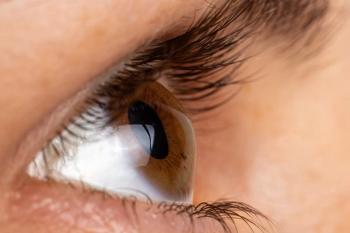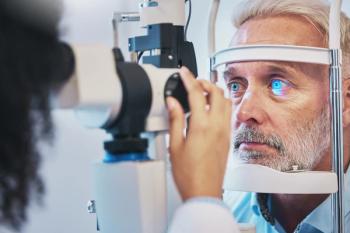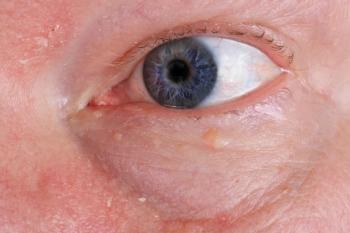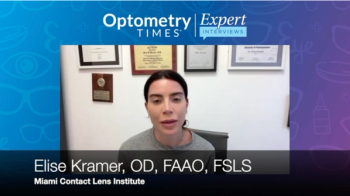
Study finds negative effect of atropine drop use after glaucoma surgery
Researchers found that the use of atropine drops after glaucoma surgery may impact vision and prolong rehabilitation time.
An international team of researchers reported that atropine instillation should be discouraged as a standard therapy after trabeculectomy because of the resultant greater and longer lasting reduction in visual quality.1
Panagiotis Laspas, MD, from the Department of Ophthalmology, University Medical Center, Johannes Gutenberg-University Mainz, Mainz, Germany, was the lead study author.
The investigators explained that atropine has cycloplegic and mydriatic properties, the latter of which that can cause multiple visual side effects,2 including disrupted accommodation, blurred vision, haloes, and light sensitivity. The potential systemic absorption of the drug ca affect the cardiovascular system,3 causing dysrhythmias, and affect patients’ mental state, causing confusion, restlessness, and emotional lability.4
The study
They conducted a prospective randomized study of 40 patients who underwent standard trabeculectomy with mitomycin C at the Department of Ophthalmology Department, University Medical Center of Mainz.
Postoperatively, all patients received ofloxacin and dexamethasone eye drops. The patients then were randomized into 2 groups of 20 patients each; 1 group (the intervention group) also received atropine eye drops postoperatively and were instructed to instill the drops 3 times daily for 2 days to stabilize the anterior chamber.
All patients completed a visual quality questionnaire preoperatively and 2 and 6 weeks postoperatively.
The results
The results showed that visual quality decreased postoperatively in all patients.
The authors reported, “Patients who received atropine eye drops described a greater and longer-lasting reduction in visual quality than those who did not receive atropine eye drops. Trabeculectomy often leads to a transient reduction in visual quality. This reduction was greater in severity and duration in patients who received postoperative atropine eye drops.”
Based on the results, the investigators suggested that “unless there is an underlying medical necessity, we would discourage the application of atropine as a standard therapy for trabeculectomy surgery.”
References
Laspas P, Maier E, Schuster A, et al. Effects of postoperative atropine eye drops on visual quality in patients undergoing trabeculectomy. J Clin Med. 2023;12:763;
https://doi.org/10.3390/jcm12030763 Joachimsen L, Farassat N, Bleul T, et al. Side effects of topical atropine 0.05% compared to 0.01% for myopia control in German school children: A pilot study. Int Ophthalmol. 2021;41:2001–8.
Merli GJ, Weitz H, Martin JH,et al. Cardiac dysrhythmias associated with ophthalmic atropine. Arch Intern Med. 1986;146:45–7.
Jimenez-Jimenez FJ, Alonso-Navarro H, Fernandez-Diaz A, et al. Neurotoxic effects induced by the topical administration of cycloplegics. A case report and review of the literature. Rev Neurol.2006;43:603–9.
Newsletter
Want more insights like this? Subscribe to Optometry Times and get clinical pearls and practice tips delivered straight to your inbox.













































